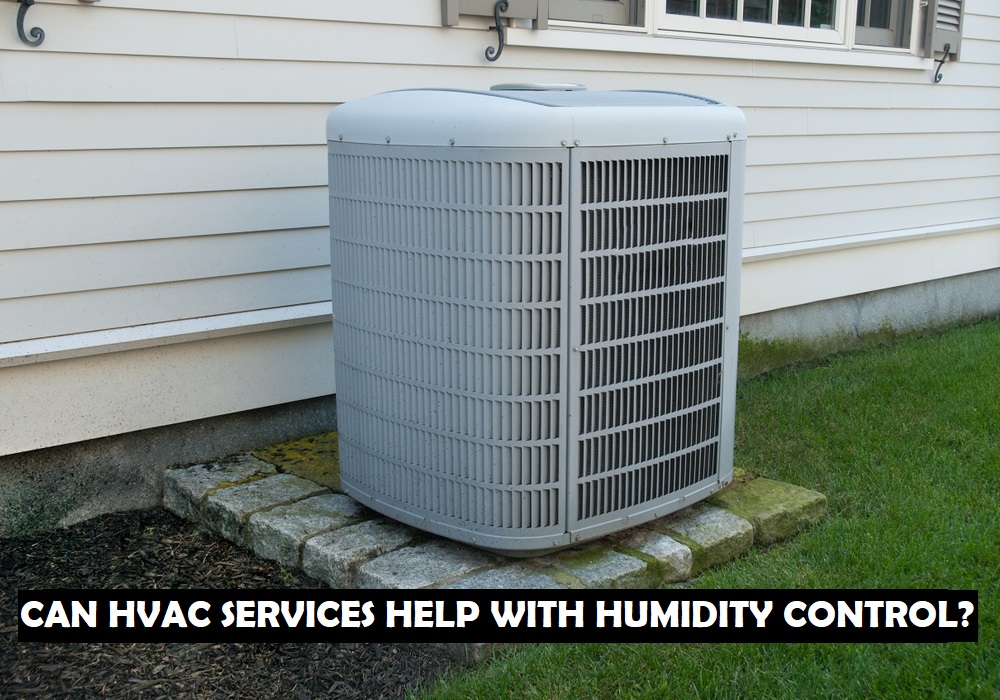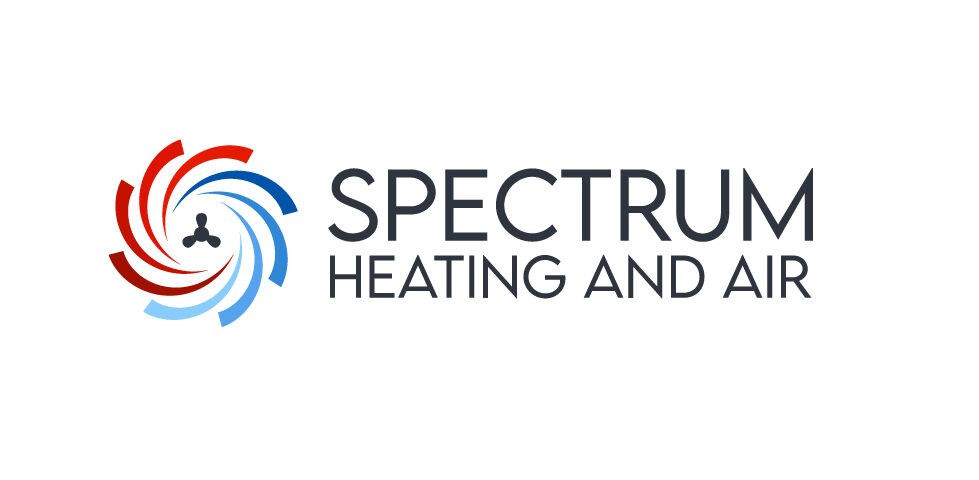In today’s fast-paced world, where comfort and well-being are paramount, achieving the ideal indoor environment is crucial. One of the key factors in maintaining a healthy and comfortable living space is controlling humidity levels. Fortunately, Heating, Ventilation, and Air Conditioning (HVAC) services are here to the rescue, offering effective solutions for managing humidity. In this comprehensive article, we will delve into the intricate relationship between HVAC services and humidity control, exploring how these systems can significantly enhance your indoor living experience.

Understanding the Fundamental Importance of Humidity Control
The Role of Humidity in Our Daily Lives
To appreciate the significance of humidity control, it’s essential to understand the role humidity plays in our daily lives. Humidity refers to the amount of moisture present in the air. It has a profound impact on various aspects of our well-being, comfort, and even the structural integrity of our homes.
Health Implications of High Humidity
High humidity levels can lead to a myriad of health issues. These include respiratory problems, allergies, and a general sense of discomfort. Moreover, elevated humidity creates an ideal breeding ground for mold and mildew, which can exacerbate allergies and respiratory conditions.
Health Implications of Low Humidity
Conversely, low humidity levels can also be problematic. They can result in dry skin, and irritated eyes, and worsen existing respiratory conditions. Additionally, low humidity contributes to the buildup of static electricity and can cause damage to wooden furniture and flooring.
The Integral Role of HVAC Systems
How HVAC Systems Regulate Humidity
HVAC systems are designed not only to maintain the desired temperature but also to control humidity levels effectively. They employ various mechanisms, including dehumidifiers and humidifiers, to achieve this balance.
Dehumidification
One of the primary functions of HVAC systems is dehumidification. Dehumidifiers are integrated into these systems to extract excess moisture from the air, ensuring a comfortable and healthy indoor environment. By removing excessive humidity, HVAC systems help prevent issues like mold growth and discomfort associated with high humidity.
Humidification
In contrast, during drier seasons or in regions with low humidity, HVAC systems can introduce moisture into the air through humidifiers. This process prevents the adverse effects of low humidity, such as dry skin and respiratory discomfort, and helps maintain the overall comfort of your home.
The Multifaceted Benefits of Utilizing HVAC Services for Humidity Control
Enhanced Comfort
Optimal humidity control leads to improved comfort. HVAC systems keep indoor conditions from feeling excessively humid or overly dry, ensuring that you and your family feel comfortable year-round.
Energy Efficiency
Surprisingly, HVAC systems that efficiently control humidity can also contribute to energy savings. When humidity levels are in check, occupants often find it comfortable at slightly higher or lower temperatures. This allows you to reduce your energy consumption while still enjoying the same level of comfort.
Health and Well-being
HVAC systems play a crucial role in maintaining good indoor air quality. By preventing extreme humidity conditions, they help reduce the risk of respiratory issues and allergies, ensuring a healthier living environment for your family.
Preserving Your Home
Controlling humidity is not only about personal comfort but also about safeguarding your property. HVAC systems help prevent structural damage, such as warped wood and peeling paint, which can occur when humidity levels are too high or too low.
Proven Tips for Effective Humidity Control
Regular HVAC Maintenance
To ensure that your HVAC system continues to provide optimal humidity control, it’s crucial to schedule regular maintenance. A well-maintained system operates efficiently and effectively.
Quality Filters Matter
The use of high-quality air filters in your HVAC system is essential. These filters trap allergens and pollutants, contributing to improved indoor air quality and better humidity control.
Monitor Humidity Levels
Investing in a hygrometer allows you to monitor humidity levels in your home accurately. This simple device empowers you to make necessary adjustments to your HVAC system and other humidity-control measures as needed.
In conclusion, HVAC services are indispensable when it comes to humidity control, a critical aspect of indoor comfort and well-being. Whether you are combating high humidity levels that lead to discomfort and health issues or addressing the challenges of low humidity, HVAC systems offer versatile and effective solutions. By maintaining the right balance, these systems contribute to a healthier, more comfortable, and structurally sound living environment.




